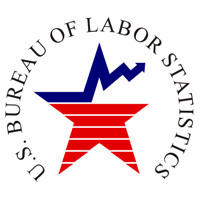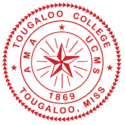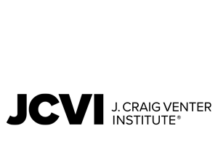 The U.S. Bureau of Labor Statistics has issued new data on the educational and employment status of 2011 high school graduates. The statistics show that of the 483,000 African American high school graduates in 2011, 326,000, or 67.5 percent, were enrolled in college by October 2011. For White high school graduates in 2011, a nearly identical 67.7 percent were enrolled in college.
The U.S. Bureau of Labor Statistics has issued new data on the educational and employment status of 2011 high school graduates. The statistics show that of the 483,000 African American high school graduates in 2011, 326,000, or 67.5 percent, were enrolled in college by October 2011. For White high school graduates in 2011, a nearly identical 67.7 percent were enrolled in college.
The data also showed that for the 326,000 African Americans 2011 high school graduates who were enrolled in college, 62,000, or 19 percent, also were employed. For 2011 White high school graduates who were enrolled in college, nearly 35 percent were employed.
For those 2011 high school graduates not enrolled in college, 53.3 percent of Blacks were looking for work but could not find jobs. For Whites, the unemployment rate for 2011 high school graduates not enrolled in college was 29 percent.










Yet another example of the fallacy of statistics!
It begs the question, how many White high school students graduated in 2011? Certainly, it far exceeded the 483,000 African American HS grads. Percentages invoke a sense of equality when the reality is that proportionately, these numbers continue to show stark inequalities in access to not only college education, but high school diplomas as well!!
The number of White students is not the relevant statistic. Sure there are more far Whites than Blacks. It is the percentage of Black and White high school grads who go on to college that is being compared here. And the initial rates, according to government figures, are very similar. What is not reflected in this statistic are differences in high school graduation rates. Also initial college enrollment figures do not take into account for the fact that retention and graduation rates of White students who enroll in college are far higher than is the case for Black students.
The statistics presented here are just fine. They are conditional probabilities, that is, the statistics show the probability a student (black, white) will go to college given that (s)he has graduated from high school.
JBHE has done an excellent job simply reporting the precentages from the BLS. This is very important information. It shows equality at one point in the pipeline.
Of course, there are many more questions. What’s the probability of an African American student graduating from high school or receiving a GED (by age 25)? What are the similarities and differences in the colleges of enrollment of black and white students? What are the probabilities of graduating once enrolled in college?
This short note makes no pretense at answering all of these questions.
This number leaves us with a false since of equality especially for black boys. In many parts of the country fifty percent and some places more never make it through the pipeline (9th -12th grade). Out of all entering high school students, what percentage of whites go on to college compared to blacks? I don’t know the answer, but it is my guess that it will not be close to racial equality. The problem in Pre-K – 12th grade must be solved to recognize equality in education.